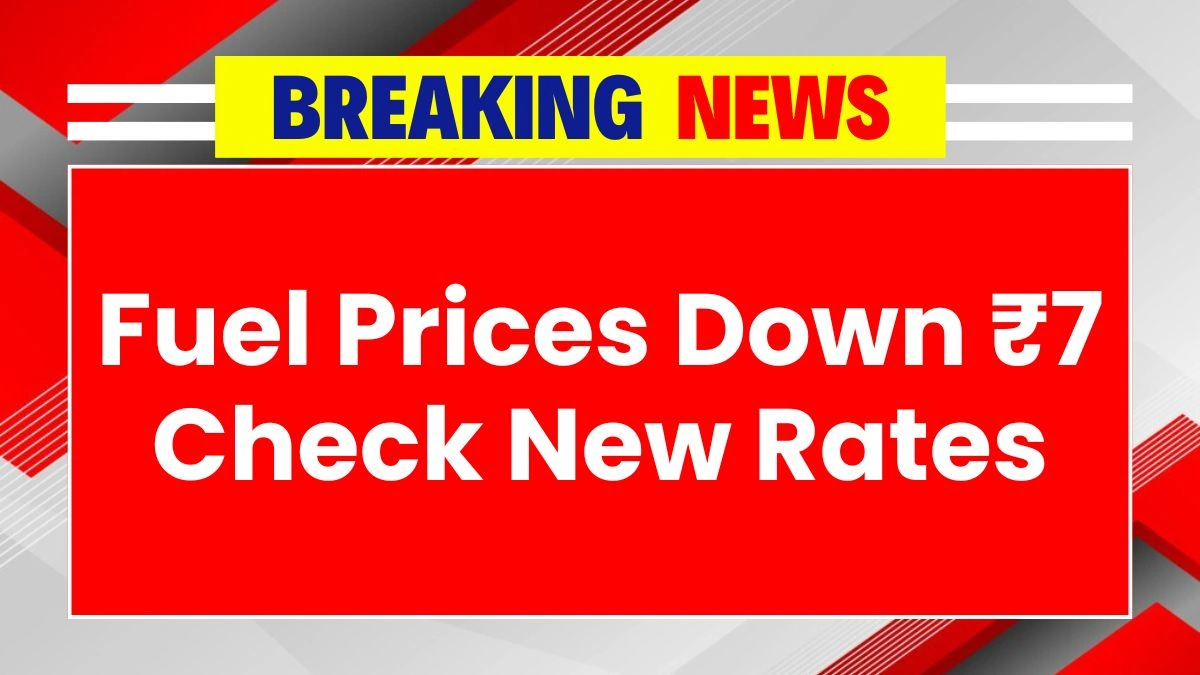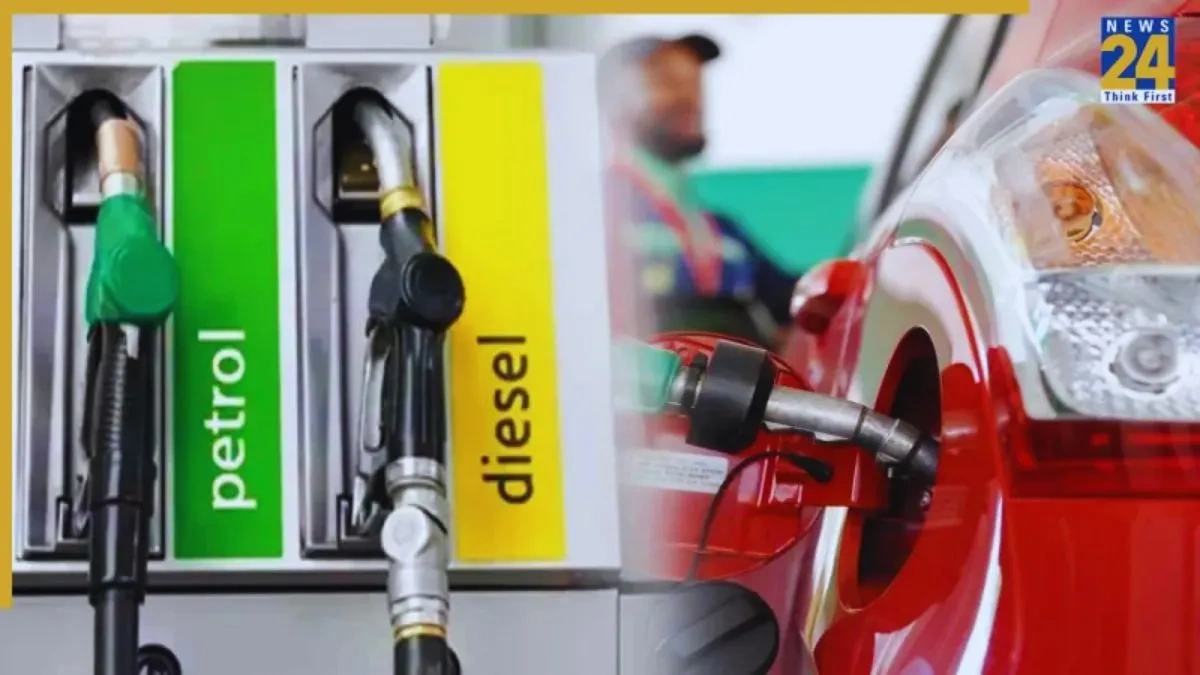Decoding India’s Fuel Price Rollercoaster | Why Your Wallet Feels the Pinch
Fuel prices. Just the words can send a shiver down the spine of any Indian. We all know the drill: petrol and diesel prices fluctuate, and suddenly, your carefully planned budget is thrown into chaos. But here’s the thing: simply knowing that fuel prices are changing isn’t enough. What we really need to understand is why this is happening, and what it actually means for our daily lives. Let’s dive in, shall we?
The Global Crude Oil Connection | More Than Just Supply and Demand

At the heart of India’s fuel price fluctuations lies the intricate world of crude oil. You see, India imports a huge chunk of its crude oil – the raw material that gets refined into petrol and diesel. The price of this crude is determined on the global market, influenced by everything from geopolitical tensions to weather patterns. Think of it like this: if there’s a disruption in oil production in, say, Saudi Arabia, or if demand suddenly spikes in China, the price of crude goes up. And guess who feels the pinch? Yup, us.
But it’s not just about supply and demand. What fascinates me is how international market conditions really translate to the pump price we pay. There are layers upon layers of taxes, refining costs, and marketing expenses added along the way. It’s a complex web, but understanding this web is key to understanding why those prices keep changing.
Tax Tango | The Central and State Government’s Role
Let’s be honest, taxes are a major component of what we pay for petrol and diesel. Both the central government and state governments levy taxes on fuel, and these taxes can vary significantly from state to state. This is why you might notice that petrol prices are different in, say, Mumbai compared to Delhi. The specific tax structure, including excise duty and VAT, plays a massive role in determining the final price. It’s a bit of a tax tango, really, with each government trying to balance revenue needs with the impact on consumers.
And it gets even more interesting. Sometimes, governments might tweak these taxes to cushion the blow when crude oil prices rise sharply. But, and this is a big but, these adjustments are often temporary. So, while they might provide some relief in the short term, the underlying problem – our dependence on global crude prices – remains. This dependence also affects vehicle prices as well.
The Rupee-Dollar Relationship | A Hidden Player
Here’s a factor many people overlook: the exchange rate between the Indian rupee and the US dollar. Since crude oil is traded in dollars, a weaker rupee makes imports more expensive. So, even if the price of crude oil remains stable, a falling rupee can still lead to higher fuel prices in India. It’s like a hidden player in the game, silently influencing the final outcome.
I initially thought this was straightforward, but then I realized the sheer complexity. Consider this: a strong dollar can impact not just car prices but also the prices of all imported goods. It’s a constant balancing act for the government, trying to manage the currency while keeping inflation in check.
Beyond the Pump | The Ripple Effect of Rising Fuel Prices
The impact of rising fuel prices extends far beyond just filling up your vehicle. Think about it: transportation costs are a significant component of the price of almost everything we buy, from groceries to electronics. When fuel prices go up, these transportation costs increase, leading to higher prices for consumers. This is what economists call “inflation,” and it can significantly erode our purchasing power.
Moreover, high fuel prices can disproportionately affect lower-income households, who spend a larger percentage of their income on transportation and essential goods. So, while some might see fuel price hikes as a minor inconvenience, for others, it can be a serious financial burden.
What Can Be Done? Exploring Alternatives and Solutions
So, what can be done to mitigate the impact of rising fuel prices? Well, there’s no easy answer, but a multi-pronged approach is essential. Investing in renewable energy sources, such as solar and wind, can reduce our dependence on crude oil. Promoting energy efficiency, through better public transportation and fuel-efficient vehicles, can also help. And exploring alternative fuels, like biofuels and hydrogen, offers long-term potential.
The government also has a role to play, of course. Streamlining the tax structure, diversifying our sources of crude oil, and promoting domestic oil exploration are all important steps. Ultimately, addressing the issue of high fuel costs requires a combination of individual action, government policy, and technological innovation.
FAQ About Fuel Prices in India
Frequently Asked Questions (FAQ)
Why do fuel prices change every day?
Daily price revisions are based on fluctuations in global crude oil prices and exchange rates.
What factors affect crude oil prices?
Factors like supply disruptions, geopolitical tensions, and global demand influence crude oil prices .
How do taxes impact the final fuel price?
Central and state taxes constitute a significant portion of the price we pay at the pump.
What can I do to reduce my fuel costs?
Consider fuel-efficient vehicles, public transport, or carpooling to save on fuel.
Are electric vehicles a viable alternative?
Yes, EVs offer a cleaner and potentially cheaper alternative in the long run, but the initial investment may be higher.
How can I track daily fuel prices in my city?
Many apps and websites provide daily updates on petrol and diesel prices in different cities.
Ultimately, understanding the forces that shape India’s fuel market empowers us to make informed decisions and advocate for policies that promote a more stable and sustainable energy future. It’s about more than just the price at the pump; it’s about our economic well-being and the health of our planet.













